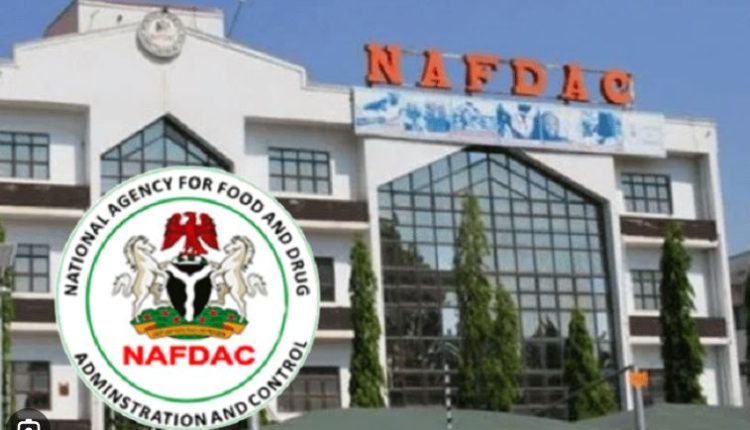NAFDAC reaffirms commitment to combat counterfeit pharmaceuticals
The National Agency for Food and Drug Administration and Control (NAFDAC) has reaffirmed its commitment to protecting Nigerians from counterfeit and substandard pharmaceutical products.
Prof. Mojisola Adeyeye, Director-General of NAFDAC, made this statement in Abuja at the three-day 8th Annual Conference of the Association of Nigerian Health Journalists (ANHeJ) on Saturday.
The theme of the conference is “Sector-Wide Approach Effectiveness in Addressing Poor Health Outcomes: The Role of the Media.”
Adeyeye, represented by Bitrus Fraden, Director of Post-Marketing Surveillance at NAFDAC, emphasised that the agency’s efforts to safeguard public health would be strengthened through enhanced surveillance, testing, and collaborations with both international and local partners.
She highlighted proactive measures such as pre-shipment testing, post-marketing surveillance, and consumer engagement as part of a comprehensive approach to ensuring only safe products reach Nigerian markets.
“The agency has intensified partnerships with countries like China and India to ensure that products destined for Nigeria are rigorously tested before shipment.
“We are not a dumping ground for substandard products. Pre-shipment testing ensures only quality products are sent to Nigeria,” Adeyeye said.
She revealed that 144 batches of substandard pharmaceutical products had recently been intercepted and prevented from entering the country.
Adeyeye said these efforts, combined with routine post-marketing inspections and consumer complaints have significantly reduced the prevalence of harmful products in circulation.
“NAFDAC has also adopted innovative tools like the Belarus 2 app, developed in collaboration with the United States Pharmacopeia (USP) and the World Health Organisation (WHO), to identify high-risk areas for product sampling.
“This risk-based approach allows NAFDAC to allocate resources effectively and focus on regions most susceptible to counterfeit drugs.
“Post-marketing surveillance is critical. We conduct routine inspections, respond to consumer complaints promptly, and use alarm notices to track and address issues,” Adeyeye added.
She also stressed the importance of collaboration in achieving NAFDAC’s goals, noting partnerships with international organisations such as WHO, USAID, the Bill & Melinda Gates Foundation, and USP.
“Locally, NAFDAC worked closely with the Nigeria Customs Service, the National Drug Law Enforcement Agency (NDLEA), and the police to enforce regulations and monitor pharmaceutical product distribution.
“We need to work as one people to protect lives. Unsafe products harm not only consumers but also legitimate businesses. Collaborative efforts are essential to stopping the proliferation of substandard goods,” she emphasised.
Adeyeye encouraged Nigerians to report suspected counterfeit products and urged local pharmaceutical manufacturers to reduce reliance on imports and ensure the availability of high-quality medicines.
She also announced plans to close down open drug markets known for distributing unregulated products, with some closures already underway in certain regions, backed by monitoring systems to ensure compliance.


Comments are closed.